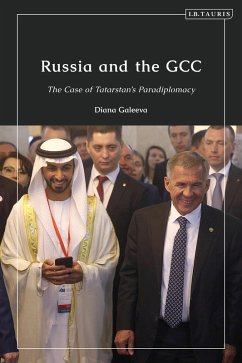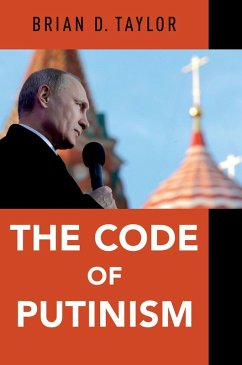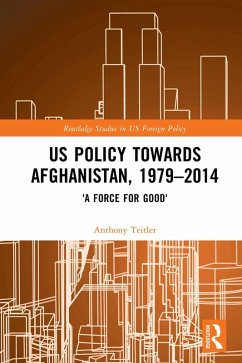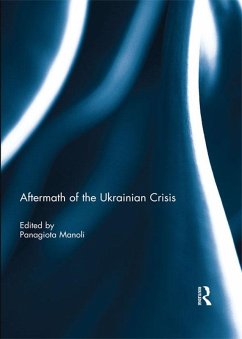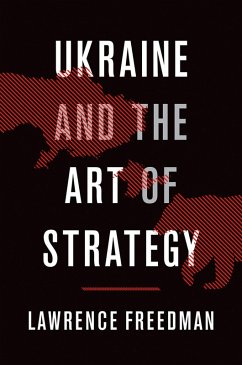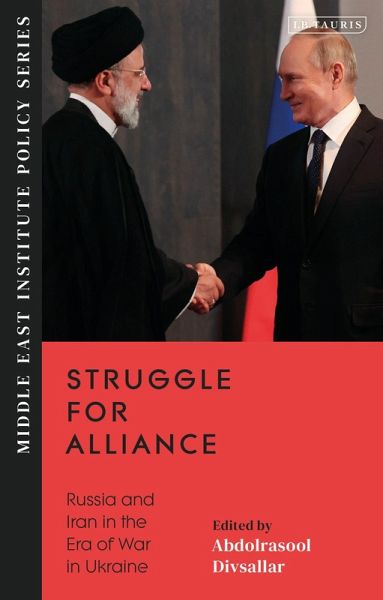
Struggle for Alliance (eBook, ePUB)
Russia and Iran in the Era of War in Ukraine
Redaktion: Divsallar, Abdolrasool
Versandkostenfrei!
Sofort per Download lieferbar
16,95 €
inkl. MwSt.
Weitere Ausgaben:

PAYBACK Punkte
8 °P sammeln!
This book provides a comprehensive study of the complex impacts of the war in Ukraine on Russo-Iranian relations, and the resulting consequences for the international relations of the Middle East. In contrast to dominant academic approaches, which view Russo-Iranian relations through the lens of an anti-hegemonic agenda and confrontation with the US-led international order, this study presents an alternative angle stating that the war in Ukraine has sped up Moscow and Tehran's interdependency, primarily because of the protective benefits that it brings to both states. The book analyzes various...
This book provides a comprehensive study of the complex impacts of the war in Ukraine on Russo-Iranian relations, and the resulting consequences for the international relations of the Middle East. In contrast to dominant academic approaches, which view Russo-Iranian relations through the lens of an anti-hegemonic agenda and confrontation with the US-led international order, this study presents an alternative angle stating that the war in Ukraine has sped up Moscow and Tehran's interdependency, primarily because of the protective benefits that it brings to both states. The book analyzes various debates about the impact of the war on Russo-Iranian relations. From the perspective of the emerging literature on authoritarian regionalism, the book explores how domestic politics and common threat perceptions play a role in these states' decisions to adjust to the systemic changes caused by the war. Chapters address how changes in the strategic environment are affecting Moscow and Tehran's perception of each other, what factors contribute the most to both states' decision to pursue greater cooperation and how they manage the new conflicts of interest raised by the war. The book also queries whether relations continue to be based on tactical partnership, or whether a stronger alliance between Moscow and Tehran is unfolding, and what the consequences of such a struggle for alliance will be for the wider region.




